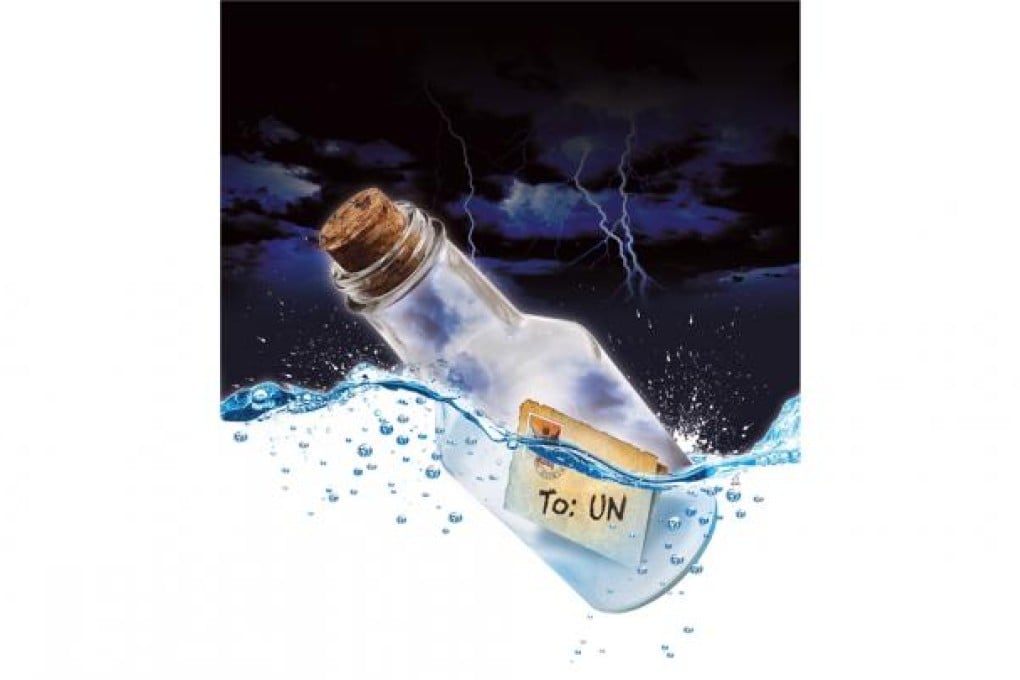Manila's action over South China Sea could risk aggravating disputes
The Philippines may have set a dangerous precedent with its unilateral decision to take Beijing to the UN over their South China Sea dispute

A single act in Manila this week shifted the diplomatic and legal battle lines in the intensifying South China Sea dispute.

Scholars and analysts believe it could spark challenges from other claimant nations concerned at the reach of Beijing's "nine-dash line", through which it stakes a claim to virtually the entire South China Sea. It could also further imperil troubled diplomatic efforts by China and the Association of Southeast Asian Nations to ease tensions in the long term.
Not surprisingly, the scenarios - and questions - are stacking up. Just imagine if, in three or four years' time, the nine-dash line is declared invalid under the UN's Convention on the Law of the Sea. Would China really be willing to remove, for example, the ships it is now stationing at the disputed Scarborough Shoal, which sits within the 200-mile exclusive economic zone that the Philippines claims under the convention?
China, of course, is a signatory to the convention, and while any ruling would be legally binding and carry considerable moral weight in the court of international opinion, enforcing it would be another matter.
"There are some really quite ugly scenarios out there and some of them suggest an increased risk of conflict in the long term," one East Asian diplomat said. "If the Philippines can't realistically enforce any successful claim, you have to wonder how this is going to play out. We're in uncharted waters."